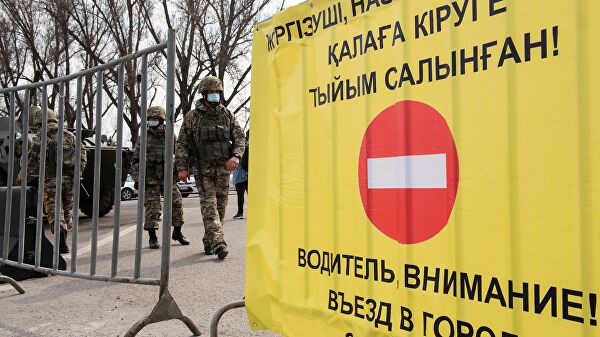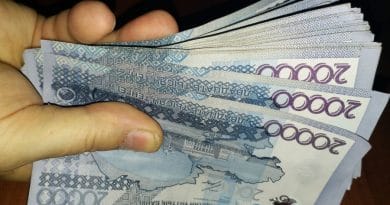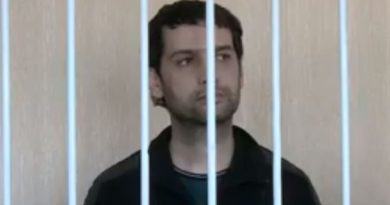In Kazakhstan, a drunk corruption fighter tried to get away from quarantine
An employee of Almaty department of the Anti-Corruption Agency tried to escape from the quarantined city of Almaty.
According to eyewitnesses, the incident occurred on the night of April 12. Through a checkpoint located in Zhetysu district of the city, a certain citizen, born in 1992, tried to get away on foot.
However, he was stopped by police officers serving at the checkpoint. The police officers were strongly against letting the man out of the city, which caused a small conflict. Realizing that they would not let him go, the violator left, but after some time he returned again, though this time he was already in a car and tried to break through the cordon again. However, this attempt was in vain.
Police officers detained the man and brought him to the district police station. The examination confirmed that the detainee was intoxicated. The police also found that the offender is an employee of the Anti-Corruption Agency. However, the detainee himself did not hide this fact, but on the contrary, taking advantage of his official position, threatened police with reprisals if they would not let him out of the city. A case was instituted against the man under the article “Violation of the state of emergency”.
Meanwhile, at another checkpoint located in Akmola region, police officers identified a person engaged in the illegal transport of people through the cordon.
According to the press service of the police department in Akmola region, on April 12, at the checkpoint No. 1, located on the Stepnogorsk-Akkol highway, the police stopped a Mercedes-Benz 300E to check the departmental base for permission to travel in Akmola region.
“During the inspection, law enforcement officers established that the driver of a foreign car was illegally engaged in a private carrier’s trade, taking orders from the Indriver messenger. Administrative protocols have been drawn up against the violator under the article “Violation of the state of emergency” and the article “Engaging in entrepreneurial activity without permission”, the report says.




